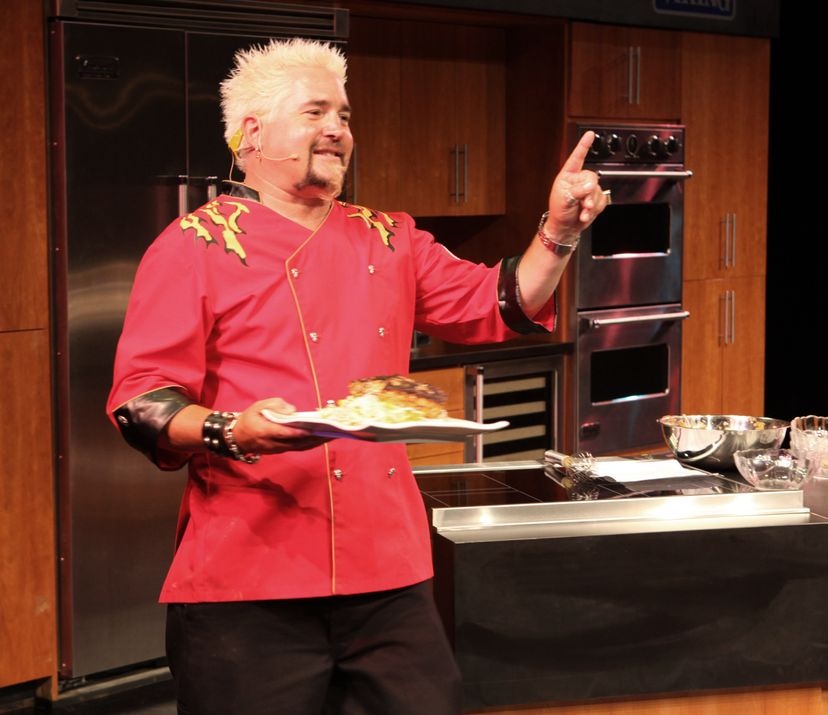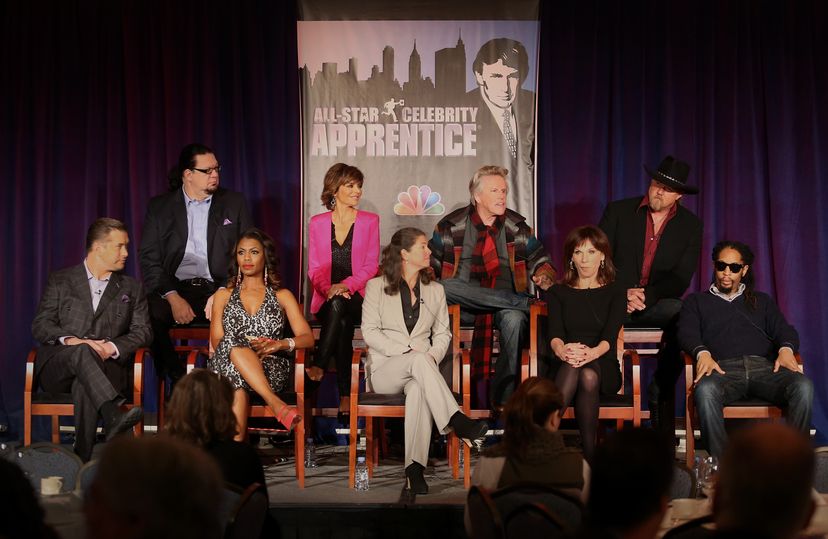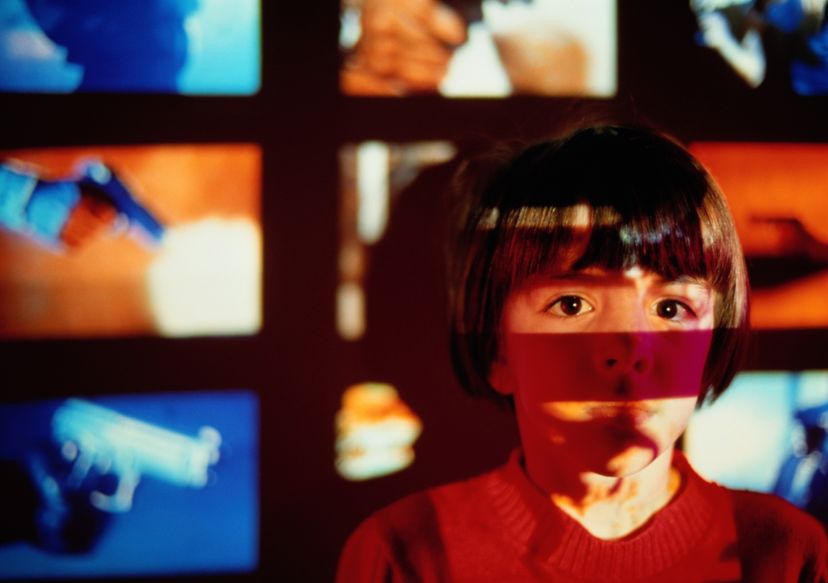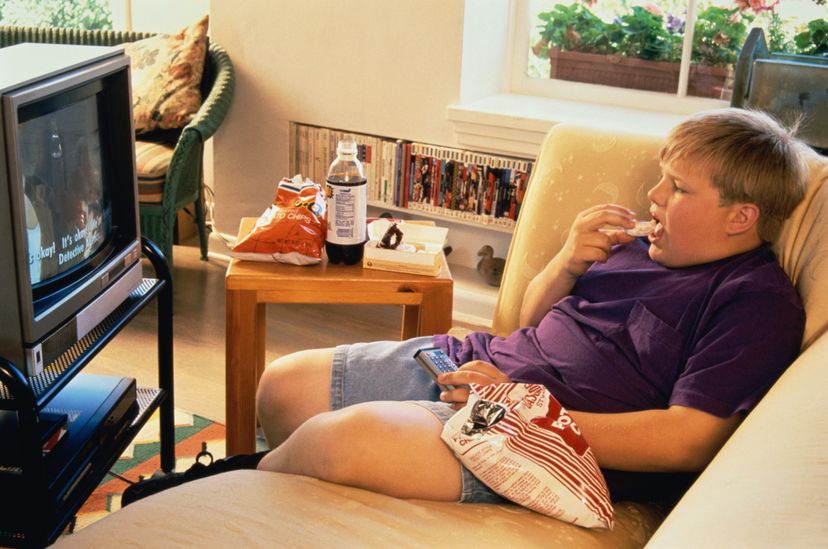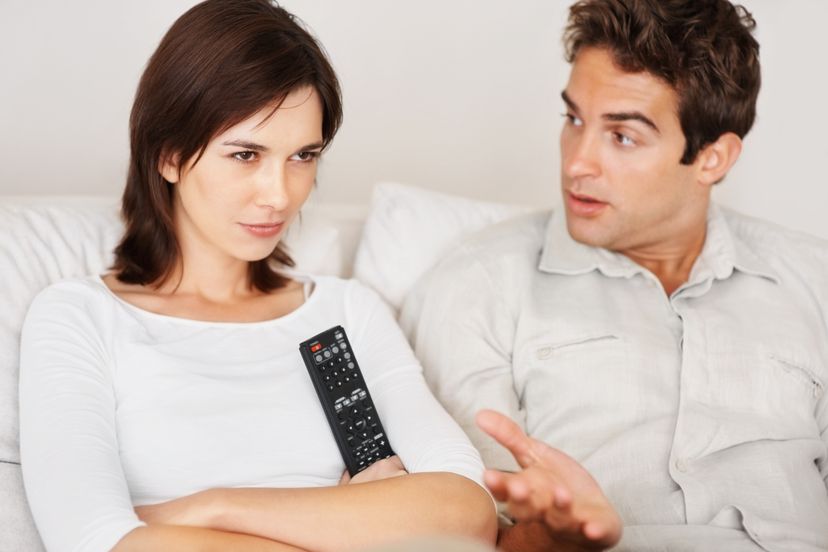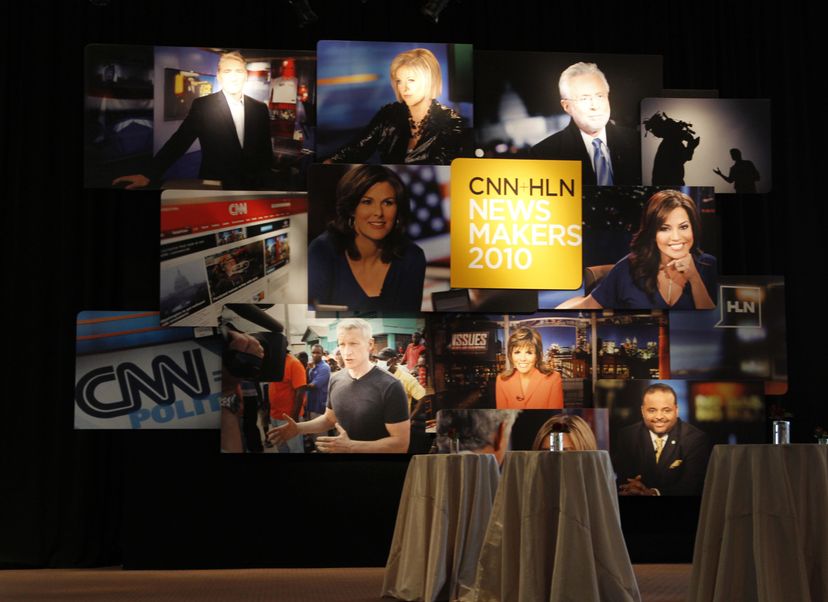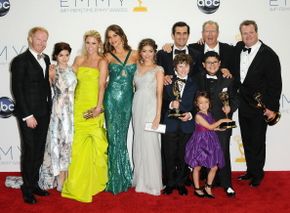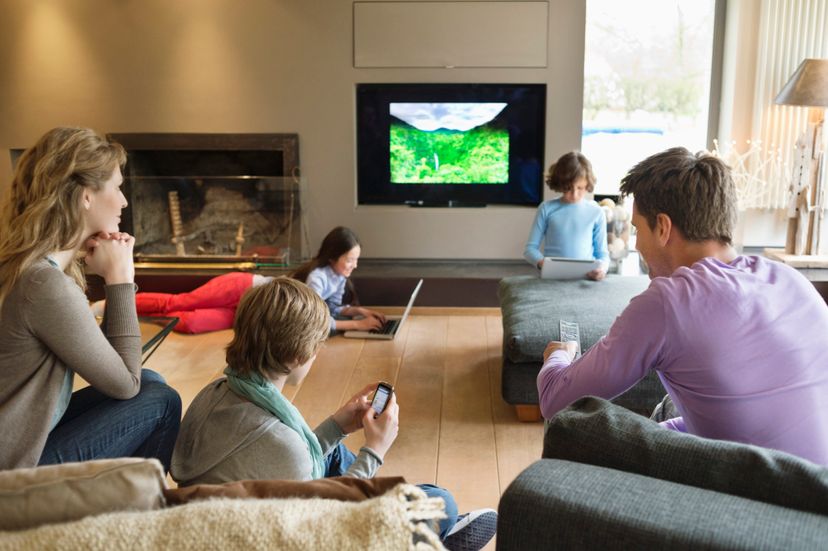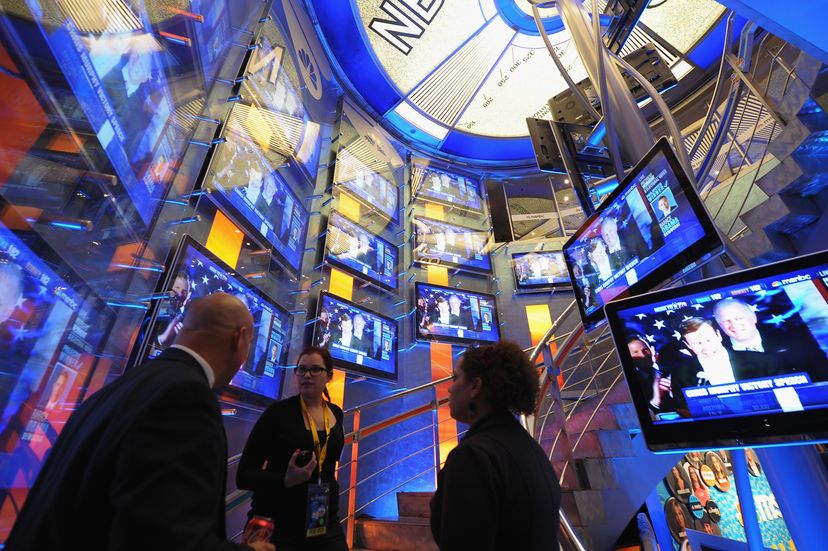
Right now, according to public radio host Ira Glass, "We are living through the golden age of television." Glass said this on a 2007 episode of his show "This American Life." If you think about TV today, do you agree? We have slew of high-quality TV programs like "Mad Men," "Downton Abbey," and "Arrested Development." Yet, we still have cookie-cutter sitcoms, cheesy dramas, and -- of course -- some really bad reality television.
Whether you're watching "Breaking Bad" or "Here Comes Honey Boo Boo," the characters we connect with and stories we follow on these shows shape how we see ourselves and the society we inhabit: Just the act of watching TV impacts who we are.
Advertisement
You've probably heard television called "the opiate of the masses," and in some ways that can be true. Who hasn't sunk into the couch after a long day and zoned out to some bad TV? Critics say that when we spend more time watching TV, we spend less time on real-life social interactions. That family time suffers and obesity rates skyrocket.
Of course, not all of television's influence has been negative. If you've ever had friends over to watch the "Mad Men" season finale or the "Walking Dead" premiere, you know that we can bond over TV shows. We also learn from TV. Fans of "Top Chef" or "Cupcake Wars" are doing more than soaking up entertainment; they're picking up meal ideas and shaping their food tastes.
For better or worse, television is a big part of most people' lives, and it's more than a reflection of our society: It's helping to shape who we are, how we interact, and how we see ourselves.Here are 10 ways TV has shaped American culture.

